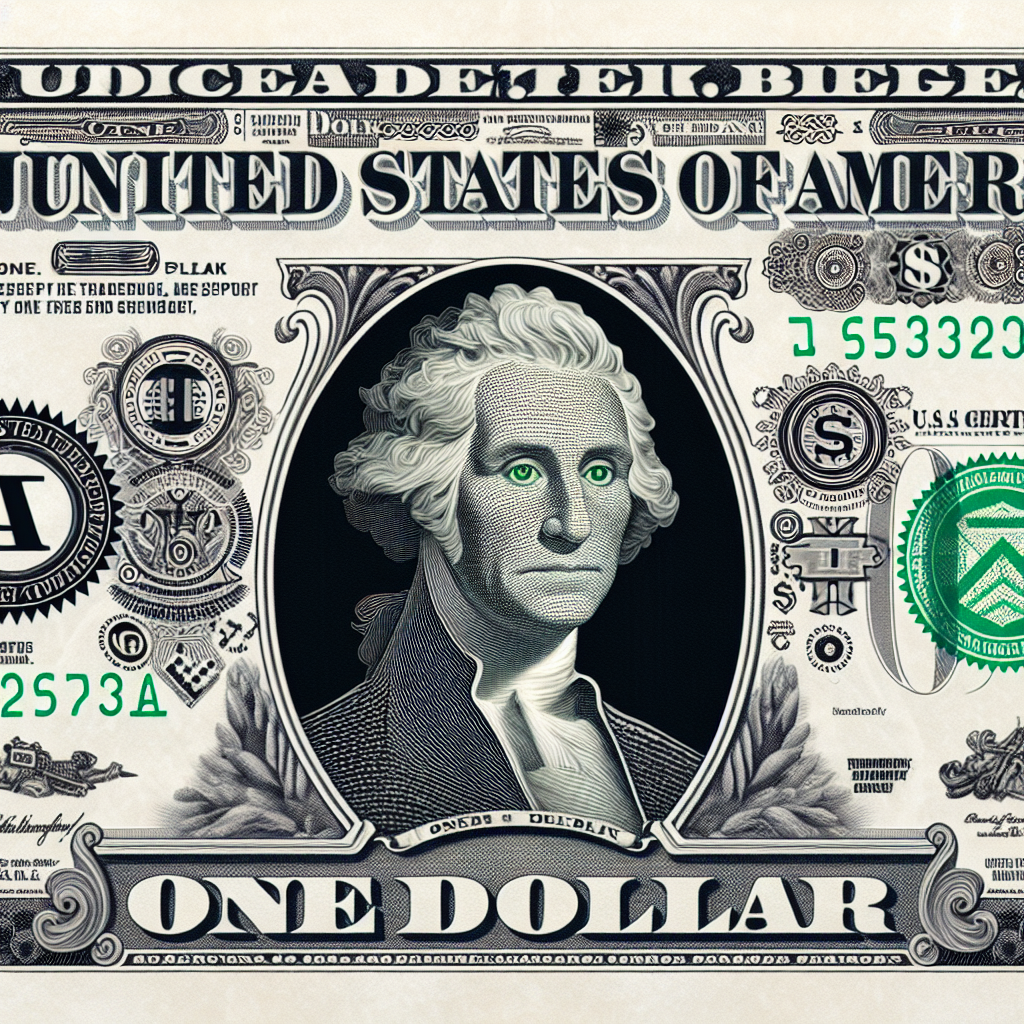Currency Markets on Edge Amid Trade and Inflation Developments
The U.S. dollar steadied with a weekly gain as investors awaited delayed inflation data. Market focuses included the Trump-Xi trade meeting and U.S.-Canada trade tensions. New sanctions on Russian oil firms influenced currency movements. Japan's anticipated economic plans also impacted currency expectations and the BOJ's rate decisions.

The U.S. dollar showed resilience on Friday, poised for a slight weekly gain against key global currencies. Investors remained cautious, anticipating upcoming inflation data that won't likely deter the Federal Reserve from proceeding with interest rate cuts next week.
Market tension was further fueled by trade concerns following President Trump's termination of U.S.-Canada trade discussions after a controversial advert. Meanwhile, global attention shifted to an impending meeting between President Trump and China's Xi Jinping in South Korea. The gathering is expected to address the ongoing trade tensions, with experts projecting an extension of current truce agreements.
In a global ripple effect, new U.S. sanctions on Russian oil giants Rosneft and Lukoil spurred an increase in oil prices, thereby influencing currency dynamics. In Japan, potential government economic stimulus packages led to speculative forecasts about the Bank of Japan's monetary strategy, contributing to the yen's depreciation.









